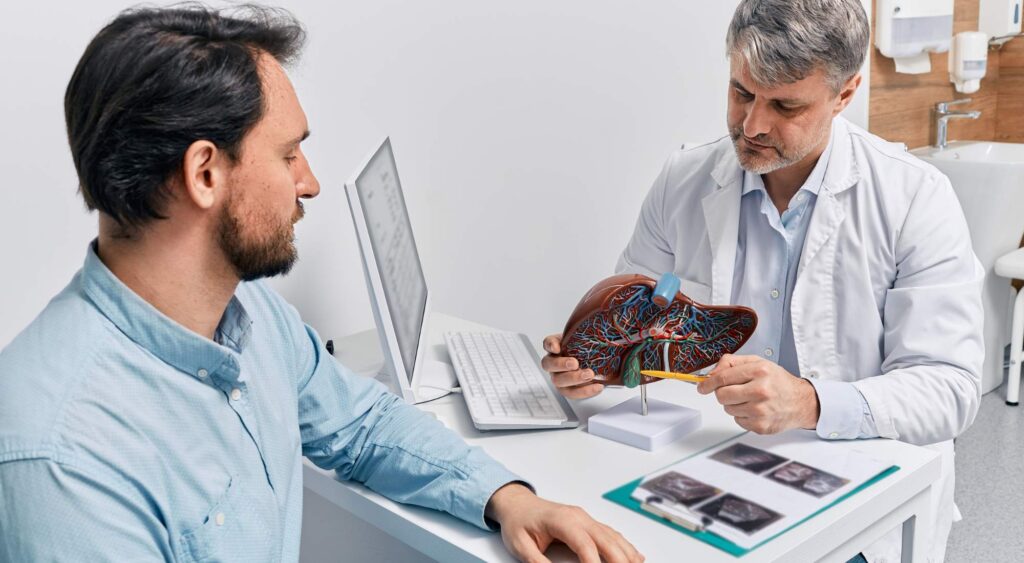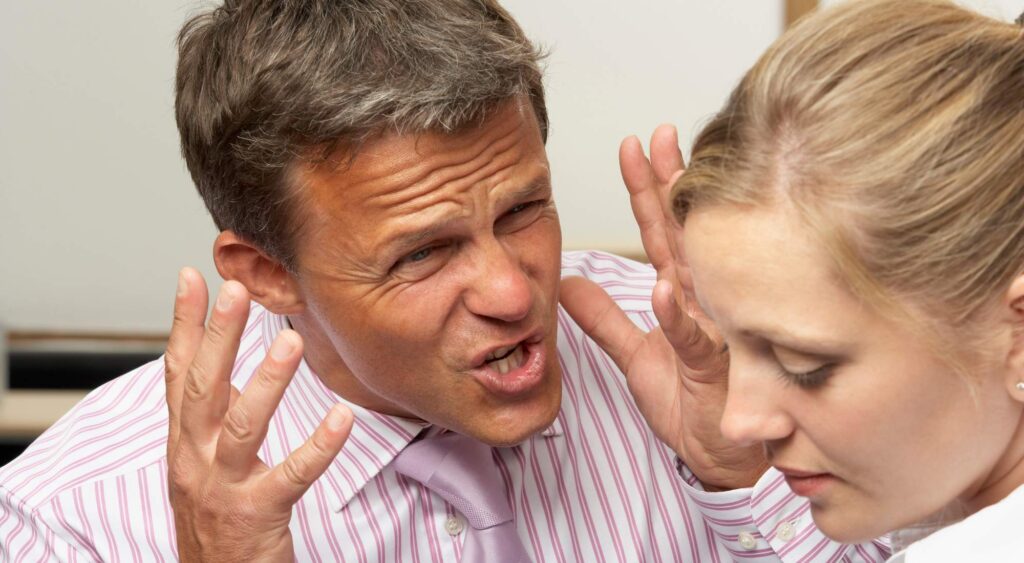Effective Anxiety Treatment in Easton, PA
Just because anxiety disorders are common does not mean you have to live with constant worry or fear. Anxiety disorders are very treatable, and most people are able to reduce or eliminate symptoms after several months of therapy. Medications may also be used to treat the symptoms of anxiety and/or depression, though it is possible to treat anxiety with therapy and lifestyle modifications alone.
Here are the most effective ways to treat anxiety disorders:
Cognitive Behavioral Therapy (CBT)
CBT is one of the most widely used therapies for treating anxiety. It focuses on identifying and changing negative thought patterns and behaviors that contribute to worry. For instance, during your CBT sessions, you will work with your therapist to break down the things that make you feel anxious, or scared. This helps problems become more manageable and improves the way you feel. You will also learn healthier ways to cope to reduce the impact that anxiety has on your life.
Medication
In some cases, medication can be a helpful tool for managing anxiety, especially if you have other co-occurring disorders as well. Commonly prescribed medications for anxiety disorders include antidepressants, benzodiazepines, and beta blockers. Due to the potential for dependence, Recovery Cove generally does not prescribe benzodiazepines to treat anxiety. However, it’s important to know that they may be used in acute cases.
Support Groups and Counseling
Talking to others who understand what you’re going through can provide emotional support and practical tips for managing anxiety. Individual and group counseling sessions can be an essential part of your treatment plan, even for the long-term. We find that many people continue on with these groups for months or years to build a strong support network around them.
Lifestyle Changes
Anxiety is usually not curable, but it is manageable. Therefore, it’s important to build a lifestyle that reduces anxiety symptoms. This includes regular exercise to boost feel-good endorphins, eating a healthy diet to get proper nutrition, sleeping well at night to feel rested, and avoiding caffeine and alcohol, which can worsen anxiety symptoms.
Mindfulness and Relaxation Techniques
Mindfulness practices, such as meditation, deep breathing exercises, and progressive muscle relaxation, can help you stay present and reduce the intensity of anxious thoughts. Incorporating holistic practices into your daily routine can provide long-term benefits and promote a calm state of mind. These strategies may even reduce the need for medication, which can be beneficial for those who prefer a more natural approach.









